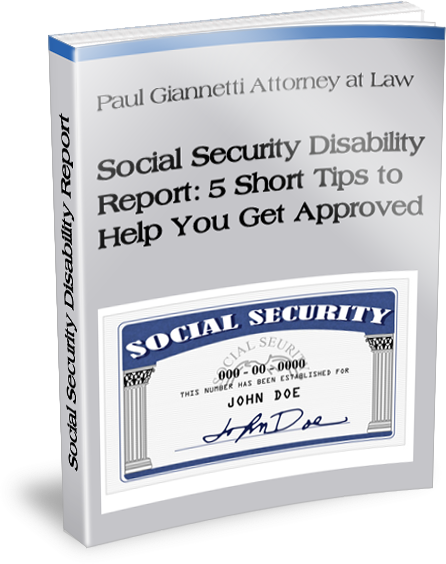The relevant standard of proof in a New York State Workers’ Compensation claim is that of “substantial evidence.” This means that a Law Judge’s Decision need only be supported by substantial evidence in order to be affirmed by the Board and Appellate Courts.
The standard entrusts the New York State Workers’ Compensation Law Judge’s with an inordinate level of power and discretion. That is because, in most cases, both sides have offered evidence in support of their position on the contested issue. This leaves it up to the Law Judge to, almost arbitrarily, choose between one result or another. All Judges, at any level or jurisdiction, have to make similar decisions. However, because the concept of substantial evidence is fuzzy and unclear, Law Judge’s Decisions will almost always be affirmed on Appeal because they are likely supported by “substantial evidence.”
For example, assume that there is a dispute regarding whether or not a claimant is 100% disabled or 50% disabled. Assume further that there are 5 doctors involved in the treatment of the claimant and a 6th doctor who has performed an independent medical examination for the insurance carrier. If all 6 doctors are deposed and 5 of the attending physicians indicate the claimant is 100% disabled from all forms of employment while the IME doctor finds the claimant is only 50% partially disabled, it is within the province of the Law Judge to find that the carrier’s consultant is more credible and that the claimant has suffered a 50% disability. Even though there are 5 other doctor who come to a different conclusion, it is likely that the Law Judge’s decision that the 50% disability opinion is most creditable would be affirmed on appeal because it is supported by substantial evidence.
This example highlights the danger of the “substantial evidence” rule and the importance of employing fair and reasonable Law Judge’s to render opinions in the Workers’ Compensation forum. The State’s Law Judges should be focused on the purpose and intent of the law when rendering their opinions. While political and economical pressures attempt to dilute the fundamental principal that the Workers’ Compensation Law is to be liberally construed to accomplish the economic and humanitarian objects of the act, it is still the overriding purpose of the Law. Unfortunately, the “substantial evidence” standard often allows for decisions that fly directly in the face in the humanitarian objects of the act.
If you have questions regarding a decision that you believe is unfair, please feel free to contact us of a free consultation.
